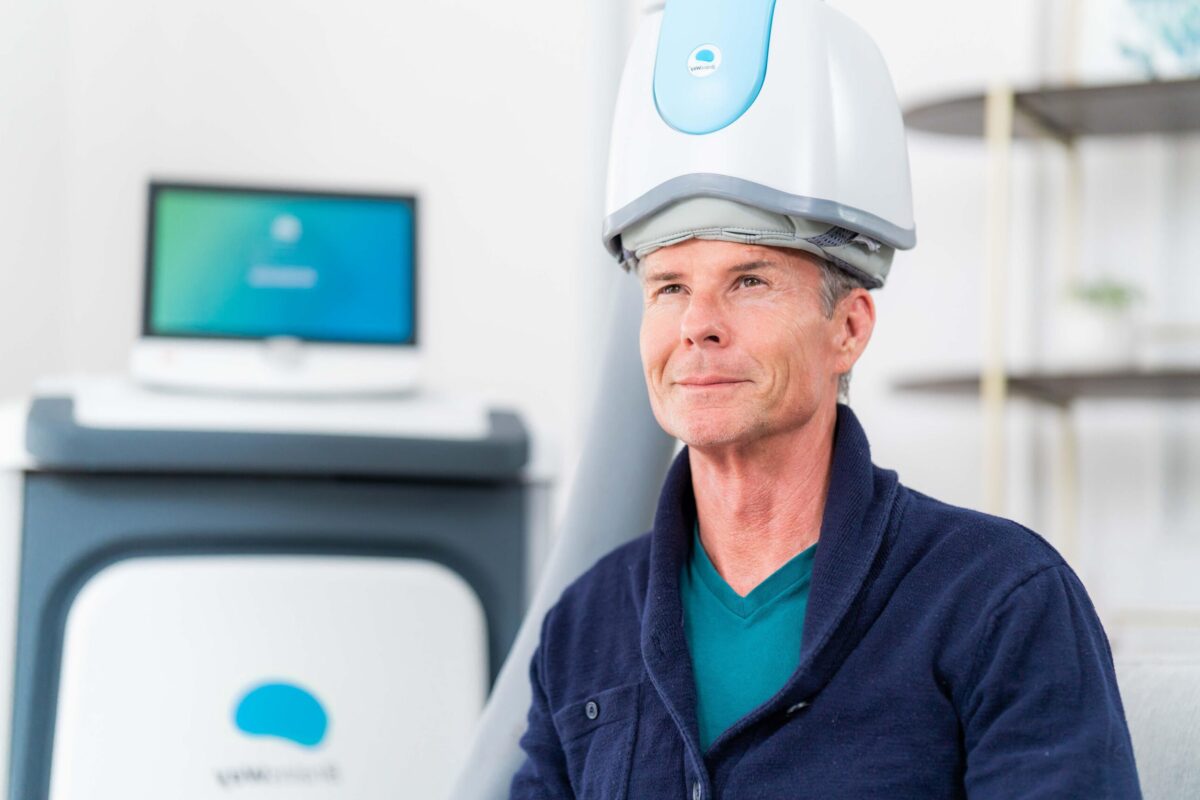Improve mental health in Cherry Creek
Depression and Anxiety
Are serious conditions that can interfere with quality of life, relationships, employment, and overall health. Although it is normal to feel stressed out, worried or ‘down’ from time to time, chronic anxiety and depression can become a serious problem that eventually results in physical complications.
Frequently Asked Questions
Do I need to get professional treatment for my anxiety or depression?
Yes. If you are experiencing symptoms of anxiety disorder or depression, you should see a professional therapist. These conditions can strike anyone of any age, and may present with physical symptoms like chest tightening, heart palpitations, insomnia and loss of appetite, or with internal feelings of overwhelming fear, helplessness, hopelessness, and even thoughts of suicide. Left untreated, these symptoms can worsen and become increasingly dangerous over time.
What should I expect during therapy for depression or anxiety?
Your therapy will be customized to fit your personal needs. You’ll be encouraged to avoid isolation and communicate your feelings in a safe and trusting environment. The goal of therapy is to help you learn to regain and maintain control of your life in a constructive and fulfilling way. You’ll learn to identify the symptoms of anxiety and depression, as well as ways of managing them before they have an opportunity to progress and worsen.
What happens after I’ve completed anxiety and depression therapy?
Once you have finished therapy, you’ll need to keep in mind that anxiety and depressive disorders can recur in the future. Use the tools you learn in therapy to keep identify the symptoms of these disorders and get help as soon as they start. You may find it helpful to find a support group to help you overcome anxiety or depression on a day-to-day basis.
Bipolar Disorder
Bipolar disorder is a mental illness characterized by severe mood swings and extreme emotions. Also known as manic depressive disorder, bipolar disorder can cause a patient to quickly oscillate between feelings of euphoria or excitement to states of depression or hopelessness. The disorder presents differently in every patient, with some people experiencing only occasionally mild mood swings and others subjected to frequent and severe mood variations.
Frequently Asked Questions
Could I need treatment for bipolar disorder?
If you think you could be suffering from the symptoms of bipolar disorder, it is essential that you seek psychiatric treatment as soon as possible. Left untreated, the symptoms of bipolar disorder can worsen, potentially leading to suicidal thoughts or behaviors.
What should I expect during bipolar disorder treatment?
Treatments are available to make living with bipolar disorder much more manageable. Though they are not a cure for the condition, the FDA has approved medications to help stabilize mood and treat depression. You may also need to undergo therapy to help you learn how to cope with your disorder on a day-to-day basis.
Will I need to make any lifestyle changes to facilitate my treatment?
Your doctor will advise you of any changes you may need to make to help manage your symptoms. This may include avoiding stimulants and ensuring that you get plenty of sleep. It is important that you speak with your doctor about your treatment and speak up if you are dissatisfied with your medications. You are more likely to have a positive outlook on your ability to manage your illness if you are highly satisfied with your treatment.
PTSD
Post-Traumatic Stress Disorder, or PTSD, is a new name for a condition that’s been around for a very long time. Whether you call it shell-shock, combat fatigue, or the modern name of PTSD, this condition is a response to a traumatic event that causes a lasting effect on how the individual deals with stressful situations or specific stimuli. PTSD does not describe a condition where someone is uncomfortable in particular situations or when faced with certain stimuli, but instead where those situations result in reflexive fear responses that can be life crippling.
Frequently Asked Questions
What Are The Signs Of Post-Traumatic Stress Disorder?
It isn’t a guarantee that someone who experiences a traumatic event will come away with any form of PTSD, and some only develop a case of acute PTSD which is defined as a temporary presentation of symptoms related to the condition. One of the most challenging things about identifying PTSD is there’s no guarantee that the condition will begin immediately, and it can take years before the first signs are apparent. To have PTSD be diagnosed the patient must have one avoidance symptom, two symptoms that cause arousal and reactivity, and two that are mood and cognition related, along with one symptom of re-experiencing.
What Makes Some People Develop PTSD and Others Not?
In many cases what causes one person to develop PTSD over another isn’t well understood. However, there are some indicators that have been identified that can show a reduced risk. These include being able to find comfort and support in others, including actual support groups like AA/NA/Etc. Healthy methods of handling the aftermath of the event and learning from it, and the ability to act in the face of fear. Patients exhibiting these conditions and behaviors tend to be at a lower risk of developing PTSD.
How Is PTSD Treated?
In most cases, PTSD is treated with either medication or psychotherapy. In many of these cases, both avenues of treatment may be necessary. It’s also important to remember that every case of PTSD is as individual as the person experiencing it, and their treatment is likely to be just as personal. Medications that have been shown to be useful for treatment include a variety of antidepressants and Prazosin in cases where nightmares are prevalent. When talk therapy is used it typically lasts for 6 to 12 weeks, but may go on much longer when necessary.





